Wis. 9:13-18b; Ps. 90:3-6, 12-14, 17; Phmn. 9-10, 12-17; Lk 14: 25-33
“Do you love me?” That is the question posed to Peter and the question of the day for us. “In every age O Lord, you have been our refuge” for those who love you. Beginning with Genesis the story of salvation history has 7 wisdom warriors against the sin of the world “plus one”. They include Adam vs his fall; Abel vs Cain, Noah vs flood, Abraham vs wicked nations, Lot vs the wicked people, Jacob vs night visitor, Joseph vs. his brothers; and then comes plus one. “Plus one” is Moses who represents a new era as he battles the pharaoh. Moses brings in the era of Israel as a child of God. What these eight warriors share is the discipleship of abandonment to God.
Jesus is calling us to a greater love, a love of abandonment to his sacred heart. We hear the English word “hate” used by Jesus and for us that has a strong meaning of rejection and lack of love. It appears to imply a lack of love of others and even our own life. Jesus however is not posing a contradiction to his call to the greatest commandment for love of God and love of neighbor. Do we hate mother and father against the fourth commandment? No more than we would “hate” angels, saints or our Blessed Mother. The Greek word translated into the English has a different emphasis meaning a “preferential treatment” of placing Jesus before all else in priority of life. We are all made for the one body of Christ to be in communion. Spiritually we should not place anything or anyone before Jesus and when we do, we should hate the act of doing it.
In the English context we don’t hate the gift of our life, we place God before us and that requires of us an abandonment to God’s will and carry our cross. As disciples there is a sacrifice to bear. To bring it home to our reality, Jesus institutes his body as church. As members of that body we cannot be cafeteria Catholics, especially in matters of doctrinal teaching. Imagine that at the moment of death we face Jesus and our only response is “I met you halfway, like a brother.” Where will that get us, halfway to purgatory?
Many listened to Jesus and went away having “calculated the cost” and feeling his teaching was too hard. Others may think it sounds great but it is not the “real world” we live in. In whose world do we want to live in? The choice we make has eternal consequences. What is lacking is the first commandment, the Love of God above all else. Where else are we to go? We cannot save ourselves but God cannot save us without ourselves responding to Him. Love opens the heart and soul to wisdom from above. We receive wisdom through the Holy Spirit to respond to God’s divine will.
To please God, it begins with an abandonment to his love. Love leads to God’s revelation and a response to the wisdom from above. Left only to our humanity “deliberations of mortals are timid” and “what is within our grasp we find with difficulty”. God is within our grasp here present at the altar of sacrifice in the Eucharist and yet with difficulty we come to him especially through the sacramental life of the church. Baptism opens the door to the Holy Spirit to receive wisdom from above; then we need the gift of fortitude to have the courage to grasp it and make it our own. This is the incarnation of truth in our souls to overcome “the corruptible body (that) burdens the soul”. I find it amazing that by the grace of God there are the “Incorruptible” that is saints whose bodies have remained incorruptible. They are a testimony of someone who abandoned themselves to the will of God having had the opportunity to travel and see some of them. He is closer to us than we are to ourselves. The question remains, “Do you love me?”
Paul an “old man” not only “a prisoner for Christ” is our wisdom warrior abandoned to the love of God literally a prisoner awaiting his death sentence. He is the spiritual father of a slave Onesimus. We can say what the Pope is to Peter, the priesthood is to Paul, a spiritual Father to his people. Onesimus is a slave owned by Philemon. Paul is advocating for a slave to be recognized as a brother in Christ.
When Jesus asks Peter “Do you love me?” three times we think of it as a reminder of Peter’s denial three times. And yes, how often do we deny Jesus in his call to love him above all. It is also believed Jesus asks the question using the Greek word “agape” for love meaning unconditional love and Peter responds with the word “phileo” for brotherly love. If you have a brother or sister it is not always that hard to say “no” to them. Unconditional love is what Jesus asks of us today. Peter! God is before you and you respond with a weak brotherly love? How do we respond to God’s call?
In a world of hierarchy there is always an authority we respond to even within the church and yet obedience to authority is a fellowship of love in Christ for a greater good, the good of other. Today we are reminded that discipleship is more than “phileo” it is “agape”, unconditional and sacrificial love. Together we sacrifice and abandon ourselves to the love that is waiting for our response. “Yes Lord, you know that I love you”. It is a love without end. Amen.



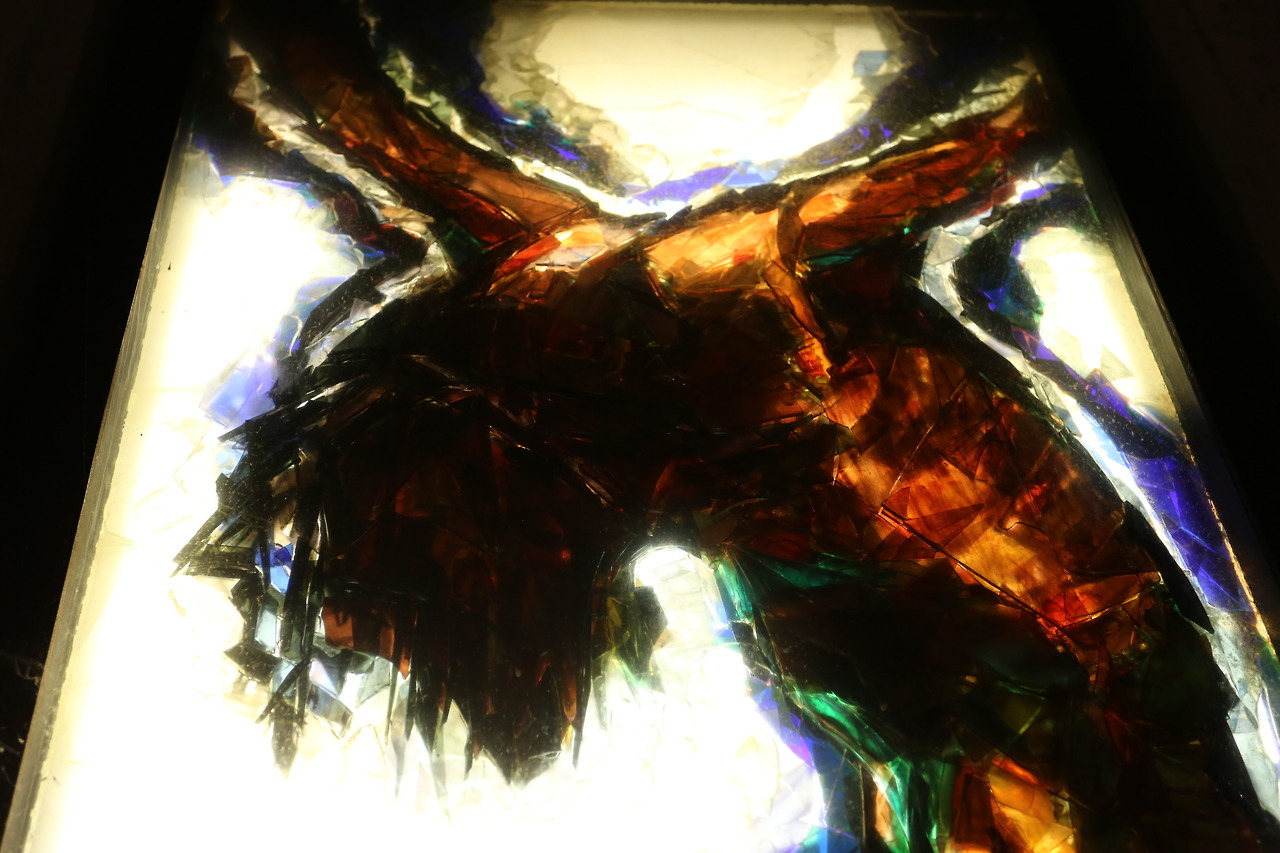

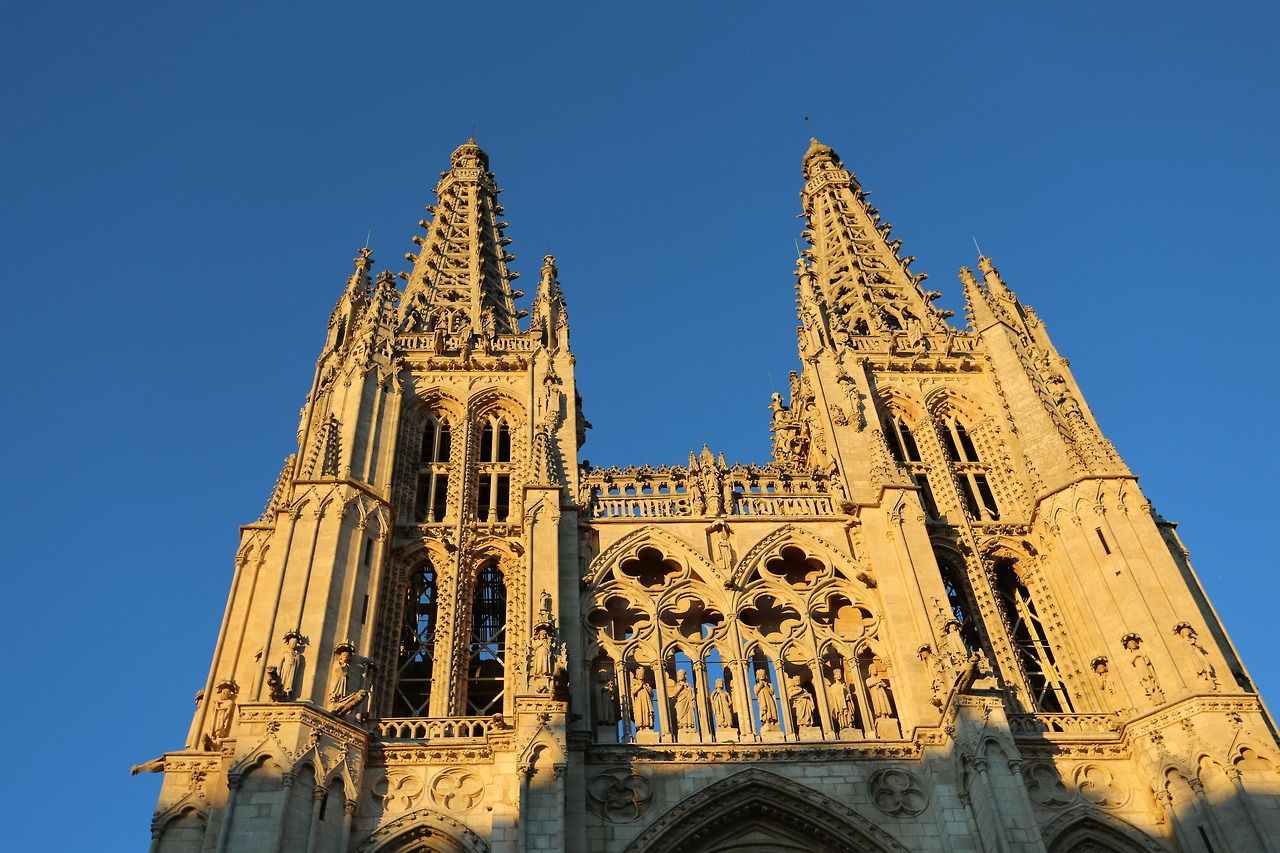



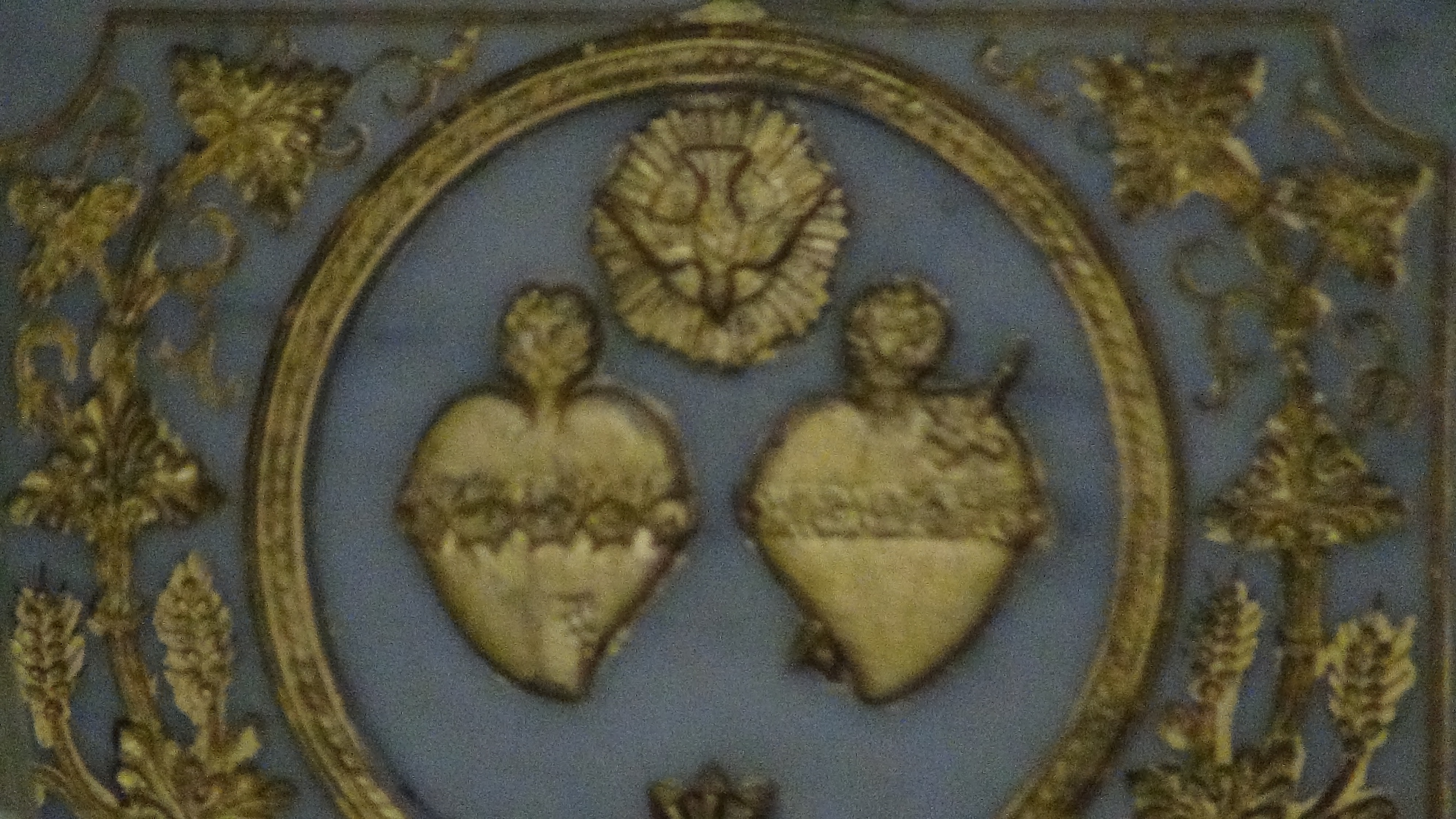

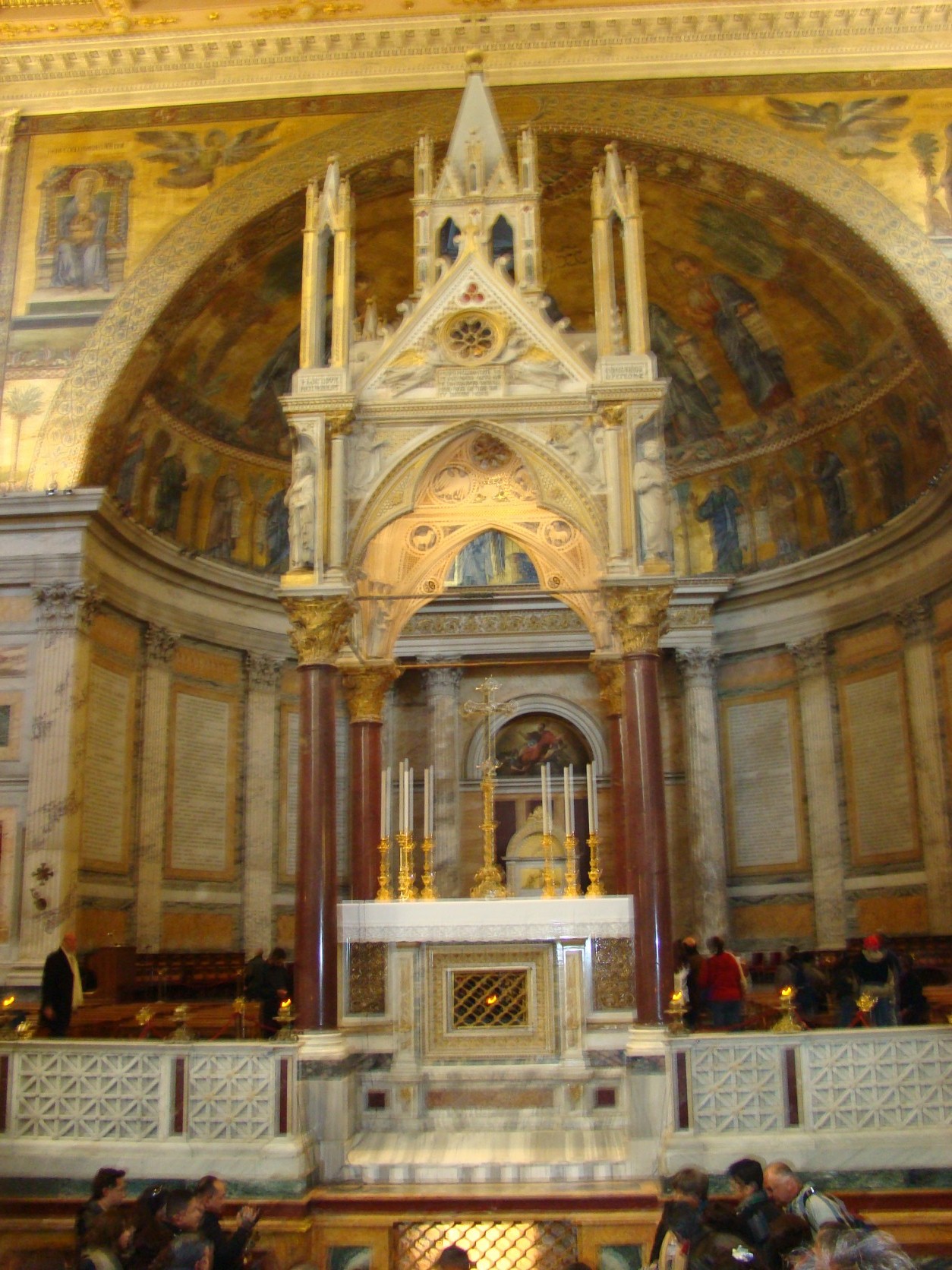

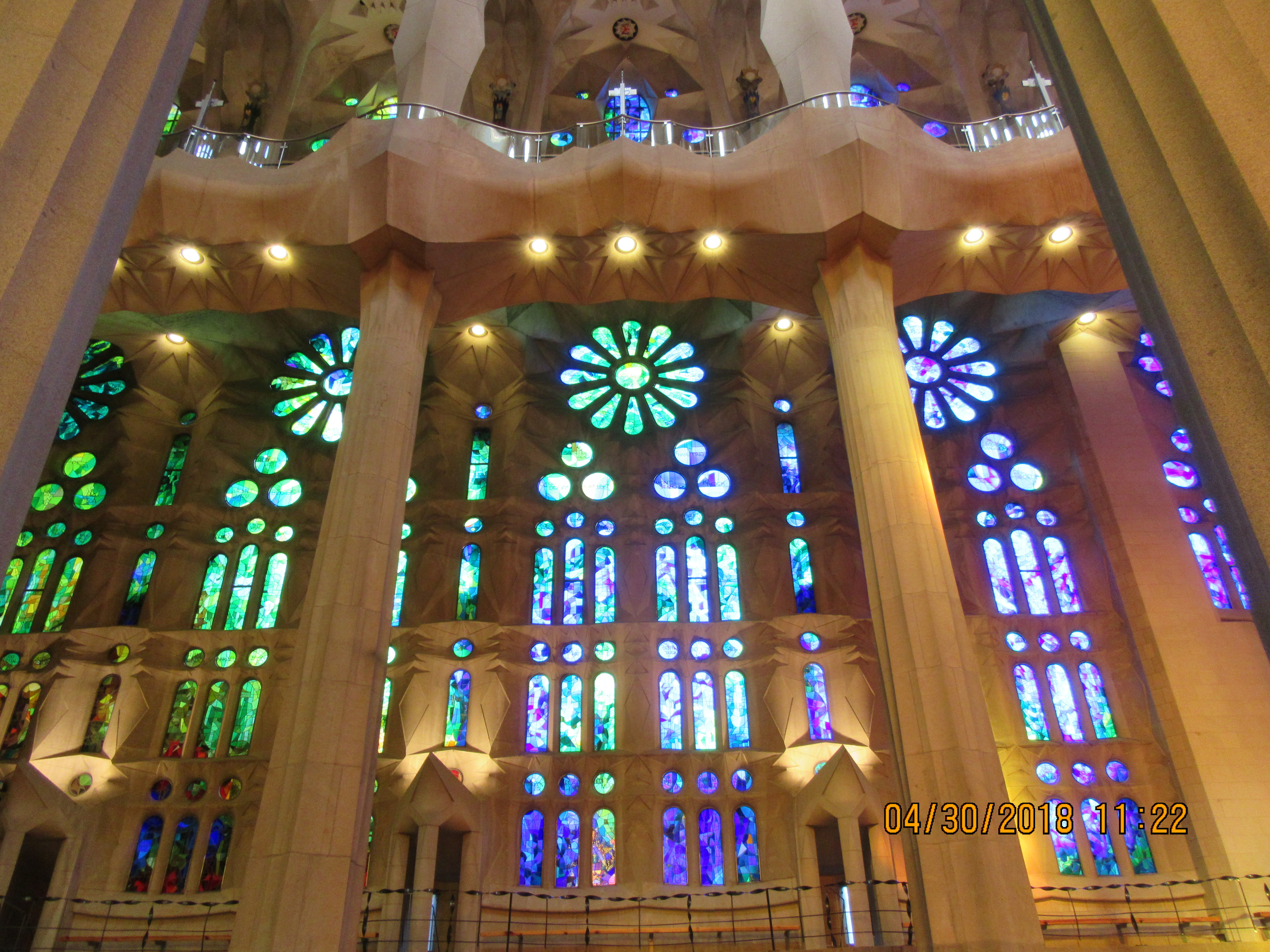

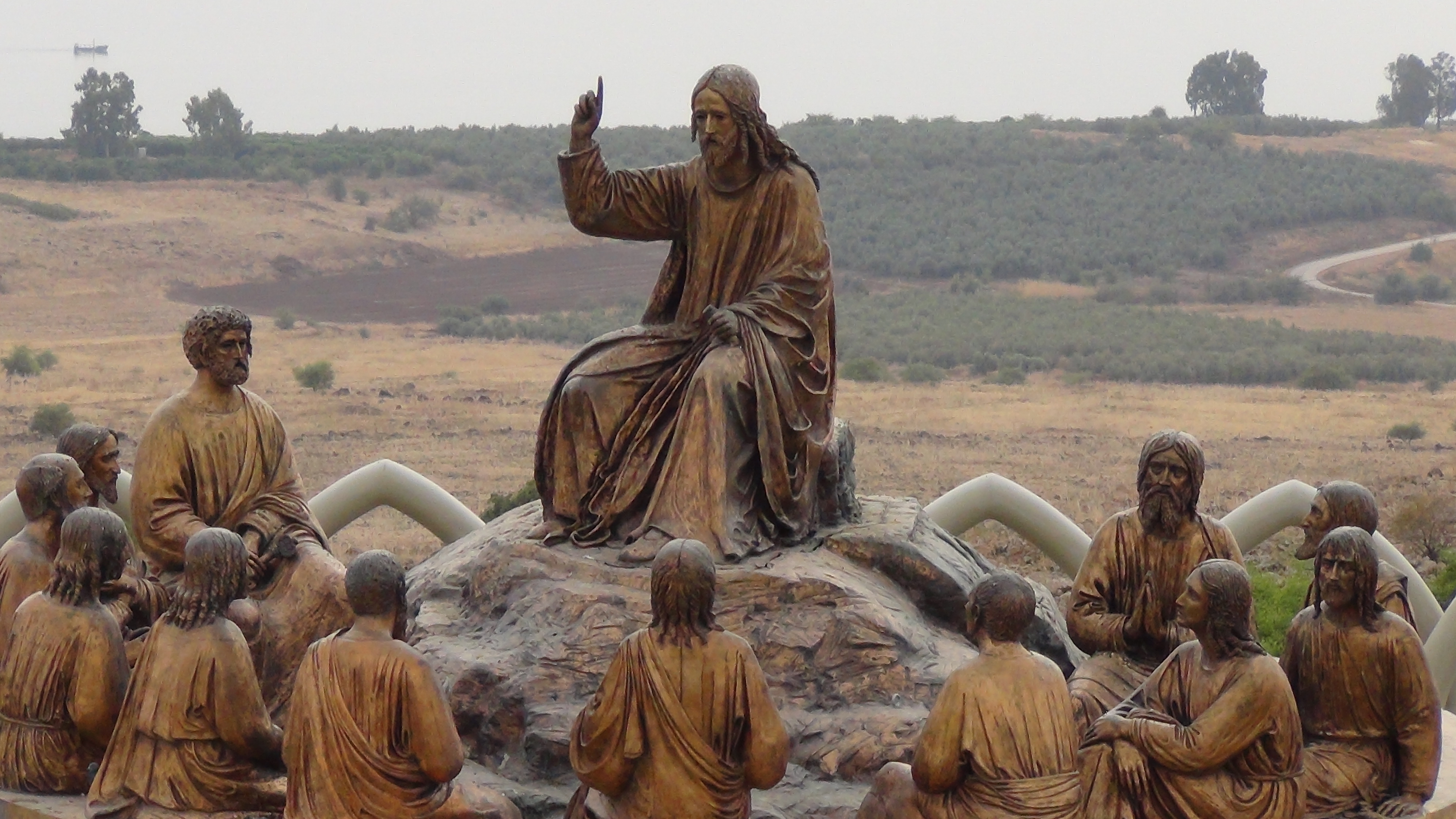



Recent Comments